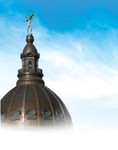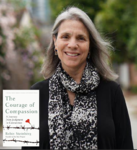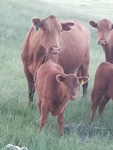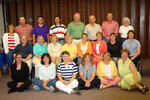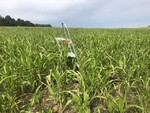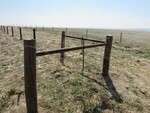Posted date: Apr 21, 2021
by: Admin My Local Life
1015 Views
Sometime last year, many of us felt the crushing weight of social injustice as George Floyd’s life was extinguished in front of a crowd, slowly and painfully by those officers sworn to serve and protect the public. It was the last straw for many, after Eric Garner, Sandra Bland, Breonna Taylor, and so many more suffered needless deaths at the hands of law enforcement. It heightened the emotional subject of racial disparity and discrimination, to a recognition of the fact that racially based violence is acceptable in our culture. It changed the disparity conversation from reaching for equality to demanding protection. It left us asking “What can we do to make a change, to build a better culture for everyone and protect people who are not white and suffer this violence?”
My girlfriend’s answer was to start a book club. We would read books that enlightened us to the everyday struggles people of color face in America every day. I wanted to participate but part of me nagged we would only be preaching to the choir, and it would not change anything. Still, it was an action step, and what I know about magic is that action makes it happen. So then, a small handful of us struggled through Zoom to meet and talk about the characters in a few notable books and how their experiences differed from our own in this life.
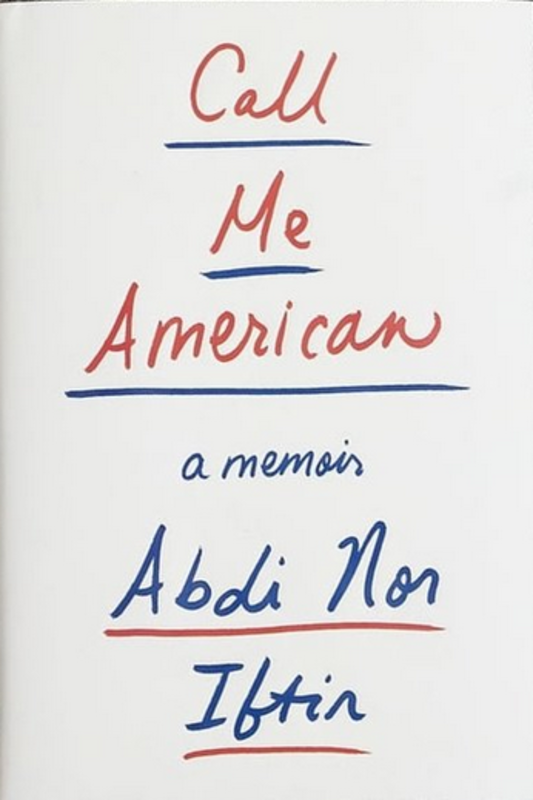
This process impacted me in ways I am embarrassed to say- I could write a review of each book we read and share the moment that I had to face the biases ingrained in myself, that the characters of the book brought to light for me. Me, a highly educated professional woman with friends from around the globe of all nationalities, religions, and skin tones. A woman who prides herself in saying skin color is as relevant, beautiful, and important to me as eye color in a person. But one of the biggest lessons to learn about racism or biases, is that it really isn’t about me, or what I think I am or am not.
White people, like myself, tend to do that, tend to shift the focus of racist conversations from the injustice done to non-white people to their feelings about it and whether they are racist. Maybe therefore we can’t make any progress in this arena. We are too busy congratulating ourselves on not being racist to take any meaningful action against racism (which we silently promote, unknowingly, by doing this – but I digress).
The most recent book chosen in our little book club was Call Me American by Abdi Nor Iftin. We all voted on the book, and I voted for the book because when I was living in Maine there was a heavy controversy about the Somalian refugees that had been relocated into Maine and placed in government housing less than an hour from where I lived in the foothills of the Appalachian Mountain chain. I was busy raising small children and finishing college, so while I was interested in learning about their situation, I never actually did- other than to wonder how people raised in the desert must be miserable in the frigid cold of Maine. So I chose this book to learn more.
As it turns out, Abdi was not one of the Somalian refugees brought to Maine. I did not know this however, when the book immediately pulled me into the grasslands of Africa following his mother’s journey in a tribe that walked their camels and goats across the savannah. She sang to her goats, she loved her goats, she was a young woman and she fell in love…I felt her love beating in my own chest. I felt her excitement for life and adventure as she married and eventually left the bush to live in a city she had never seen or experienced. This is a book about adventure, resilience, and a triumph of the human spirit over the types of adversity I will never know.
Abdi’s parents raised him in a city that was at war from the time Abdi was a small child until he immigrated to America in his early twenties. It is the story of spending your entire existence in want of basic needs, except for love and family, which he was blessed to have. It is a story about hope for a better world. Abdi became fond of the American soldiers who patrolled Mogadishu for a short time before the country was turned over to the local religious governments to fight over. He became hungry for American culture, movies and music, I think because it resonated within him that there was a better way for people to live than in the rubble of governments fighting.
The reality of the book is war torn streets filled with buildings in ruin from decades of bombing, but the heart of Abdi comes through his writing, showing that what he saw was the beauty in the world. What he saw were the opportunities to make the world a better place, but only if he could get to a better place himself. In the first world we talk about how we cannot take care of other people until we take care of ourselves first – you can’t pour from an empty cup. Turns out this is a universal truth and Abdi shares the ways in which he cared for himself in order to be there for his family, emotionally and financially.
His story has an eloquent way of exposing racism as the us versus them feelings and actions that are so prevalent in human nature. After all, there are no black people in Somalia. What I mean by that is, most everyone in Somalia is black therefore you would think there would be no racism. Us versus them rears its ugly head through discrimination between tribes, social classes, religion, and financial status none the less. Of course, he suffers further discrimination and harassment when he comes to Maine as a permanent immigrant, being different in a world of people only used to one another. A culture of people I was born into and understood only too painfully well for the way they treat those who are different. There is fear and hate of those who are different everywhere.
My moment, my moment when my heart sank and I felt my bias (and shame) was this: Abdi meeting the dog. I am not a dog person. I have met very few dogs which I liked. I actually have a dog now that is slowly growing on me and I would say I love, but this is rare for me. Abdi has an aversion to his American family’s dog. Without giving away the story it is a religious aversion, even though I do not think Abdi would consider himself a devout Muslim, he was raised and believes in the Muslim faith. Therefore, he has an internal struggle with the presence of the dog.
I had an internal struggle with his internal struggle. At first, I found the dog scenario somewhat comical, but as he unpacked his emotions and thoughts around the presence of the dog, I wrestled with unpacking my judgment of his internal struggle. I initially dismissed it, then patronizingly had some sympathy, but as I moved through my thoughts and my emotions, and I thought about how fear works- I started to relate it to myself and felt the heat in my cheeks.
Two things: First, I wasn’t taking the Muslim traditions he had been raised with seriously and giving them, or him, the respect they deserved. Second, I had my own fear that Abdi’s writing soon brought to light. A fear that I was raised with, that had no basis in experience, and that I’ve rarely had to face. Abdi equated interacting with the dog as being unclean and could condemn him to hell. It is a relevant fear, even if it at first seemed silly to me.
I have friends who worship in the Muslim faith. I appreciate these people and enjoy spending time with them. I can tell you that after reading this book I acknowledge my fear. I have a small voice in me that equates people of the Muslim religion with people who are Islamic extremists. I have fleeting thoughts I have to push away that wonder if they are in America watching and waiting for a moment to be called to attack me and my community.
Abdi may find this as comical and unrealistic as I find the concept of doggie kisses condemning him to spend eternity in Hell. None the less it is an unwanted feeling that I try to ignore but never really seems to go away. How do I resolve this and outgrow it? Becoming more familiar with the folks who worship differently from me I would guess. Though I suspect it will be a struggle and take a long time. I feel very vulnerable sharing these feelings, and ashamed. Abdi was so openly vulnerable in writing his book, that I feel compelled to reciprocate the honesty in my review of it.
His book is a wonderful piece of writing which I am glad to have read. It gave me all the things I was looking for and more: a good story, education on a war I barely realize has been raging for decades, and personal growth. I connected most dearly with Abdi’s mother, perhaps because Abdi is the age of my son and I could compare through the book the contrast between our lives over the last 20 something years, our dreams for our children’s lives and then the actual realities that they are living in.
Critics will dislike the “white savior” aspect of the book as Abdi gains some help from white Americans. I think it is a good illustration though, of how no amount of money or political pull can rescue the Somalian refugees living in Somalia or any of the refugee camps they have fled to. It was a stark reminder that money and power have limitations, but the human spirit does not.
This book, read by the author on Audible, will live in my thoughts for a long time as I’m driving down the road thinking about this life, thinking about the haves and the have-nots. I doubt there will ever be a civil rights discussion in my future where I do not mention this book or recommend it to my cohorts. It impacted my thoughts on opportunity and discrimination so much. There were parts in this book where I was so full of joy that I had to pull over – I was crying too hard to see the road.
I recommend this book to anyone who thinks they are a good person, motivated to find a better life, and loves a good hero story. I haven’t written to the author of a book since I was 13 and wrote to Stephen King, but after Call Me American I sent Abdi a message. I wanted to let him know how impactful his book was for me, and also, I want to know where the next chapters of his life go. I care about him and I know he is going to do great things that make this world a better place.

